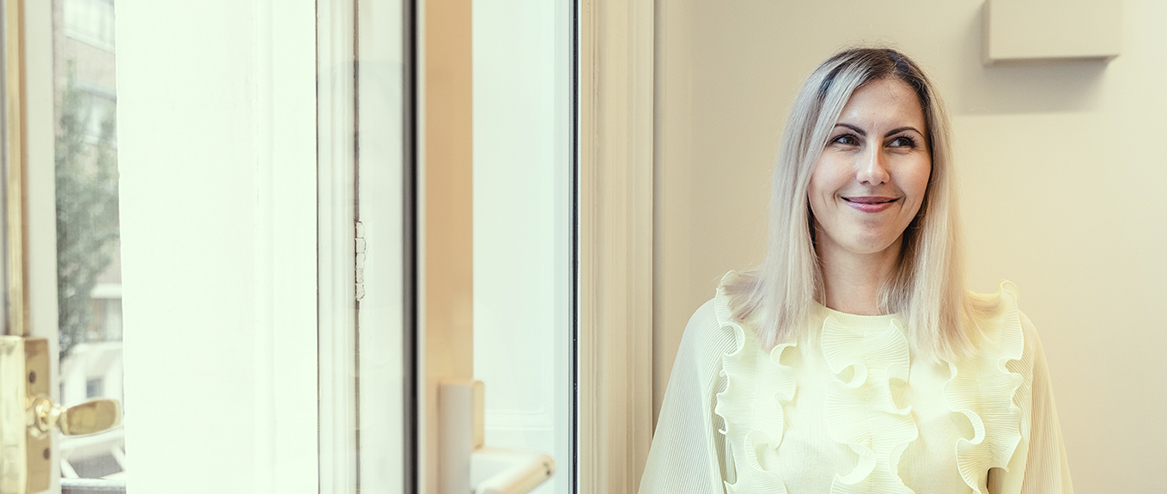Facet Joint Denervation
We successfully treat many patients at the UK Spine Centre with back pain.
The priority for our expert is to identify accurately which part of the back the pain is arising.
Back pain ‘generators’ may include an intervertebral disc, a pinched nerve, or the facet joints.
The facet joints are small joints at the back of the spine (they are similar to the small joints in the fingers)
There is a pair of facet joints at each level in the back.
The facet joints help carry load through the spine and control range of movement.
Our facet joints may become worn (arthritic) as we age and are a common source of back pain.
Initially your specialist may try facet joint injections (or medial branch block injections).
A positive improvement in back pain following injections indicates the facet joints may be the pain source.
If facet pain returns quickly after injections then facet joint denervation may be a good option.
Uses
We use facet joint denervation (sometimes called Rhizolysis) to selectively treat painful facet joints.
Facet joint denervation may relieve facet pain for several years.
Procedure
This is a simple 30 minute day case procedure carried out in theatre under light sedation.
Imaging is used to accurately position fine needles around the painful joints in the back.
Electrical heating of the needle tips cauterises the tiny nerves supplying the facet joints. This prevents pain messages travelling to the brain, but is not detrimental the joint.
Typically 2-6 facet joints may be treated on one occasion.
Small plasters are applied afterwards.
Success
Facet joint denervation can work very well in some individuals (around 60%) but may not work or last effectively in others.
The procedure can be repeated if a particular joint remains painful or symptoms return.
Facet denervation does not prevent you having any other form of spinal treatment and may avoid you having surgery.
Successful facet joint denervation will allow you to get back to doing regular exercise and this will help you to make a natural and lasting recovery.
Risks
Facet joint denervation (Rhizolysis) is a very safe percutaneous procedure.
However, very rarely it is possible to have a complication such as a nerve injury, spinal fluid leak, infection, bruising, ongoing or worse back pain.
Thankfully most problems are very uncommon and treatable.
Recovery
You will be up and about very soon after the procedure and go home within a few hours.
The following day you can return to all activities including work and exercise.
Occasionally back pain can be stirred up for a few days before improving.
Simple analgesia including an anti-inflammatory pain killer may be helpful in the first week.
We will see you back in clinic in six weeks to review your progress. But we are also available at any time if you need advice or wish to return to the clinic earlier.
Rhizolysis can be repeated at any time in the future if back pain returns or any joint requires further treatment.
Further Reading
Please see our Patient Stories which describe real patients, their problems, diagnosis and successful treatment under our care at The UK Spine Centre.
WE CAN SEE YOU WITHIN 48 HOURS, NO REFERRAL NECESSARY CALL 0208 004 0484
FREE 15 minute consultation
If you’re not sure then book a FREE 15 minute telephone consultation with one of our spine consultants, or just call us with any questions you may have